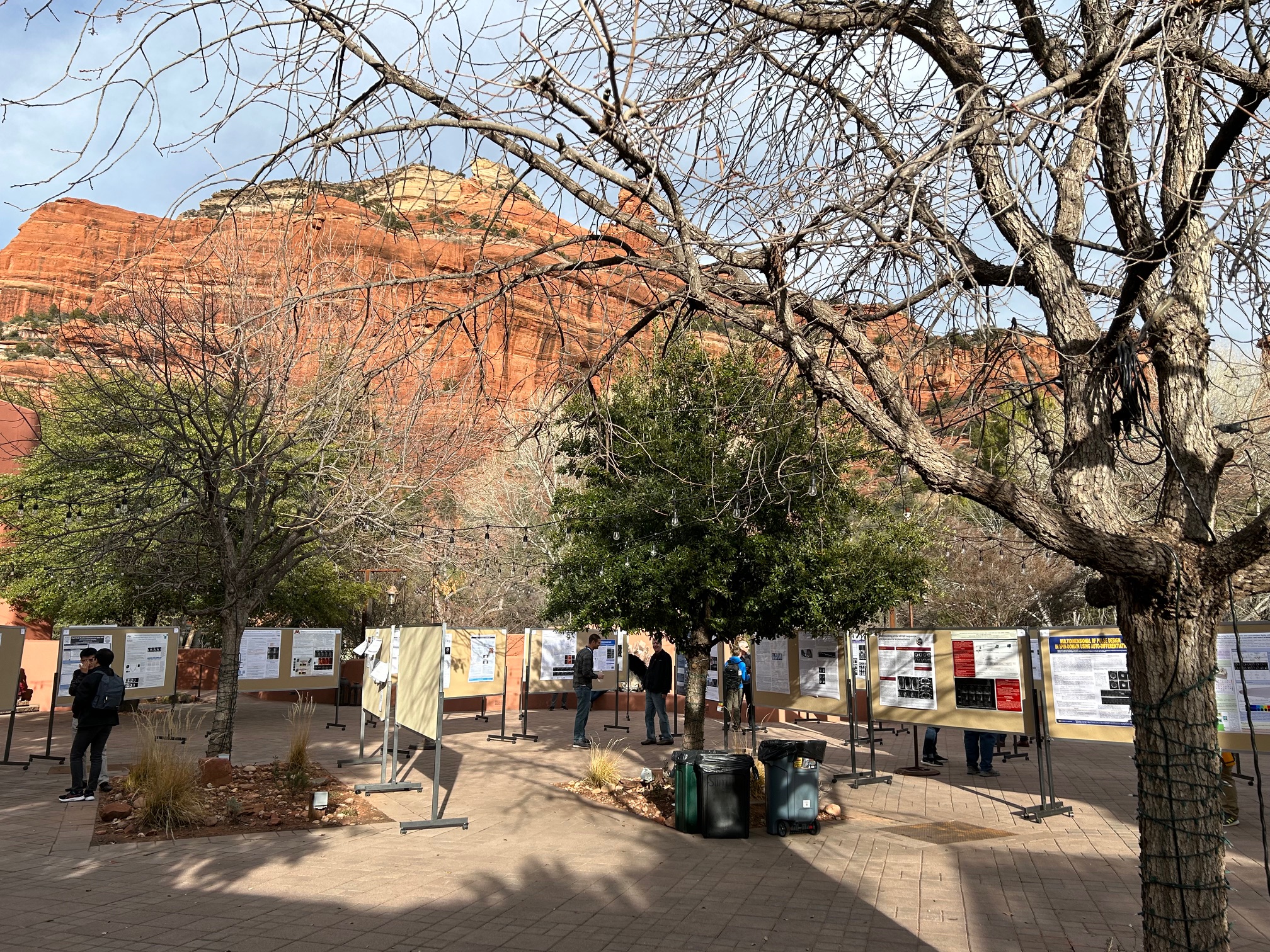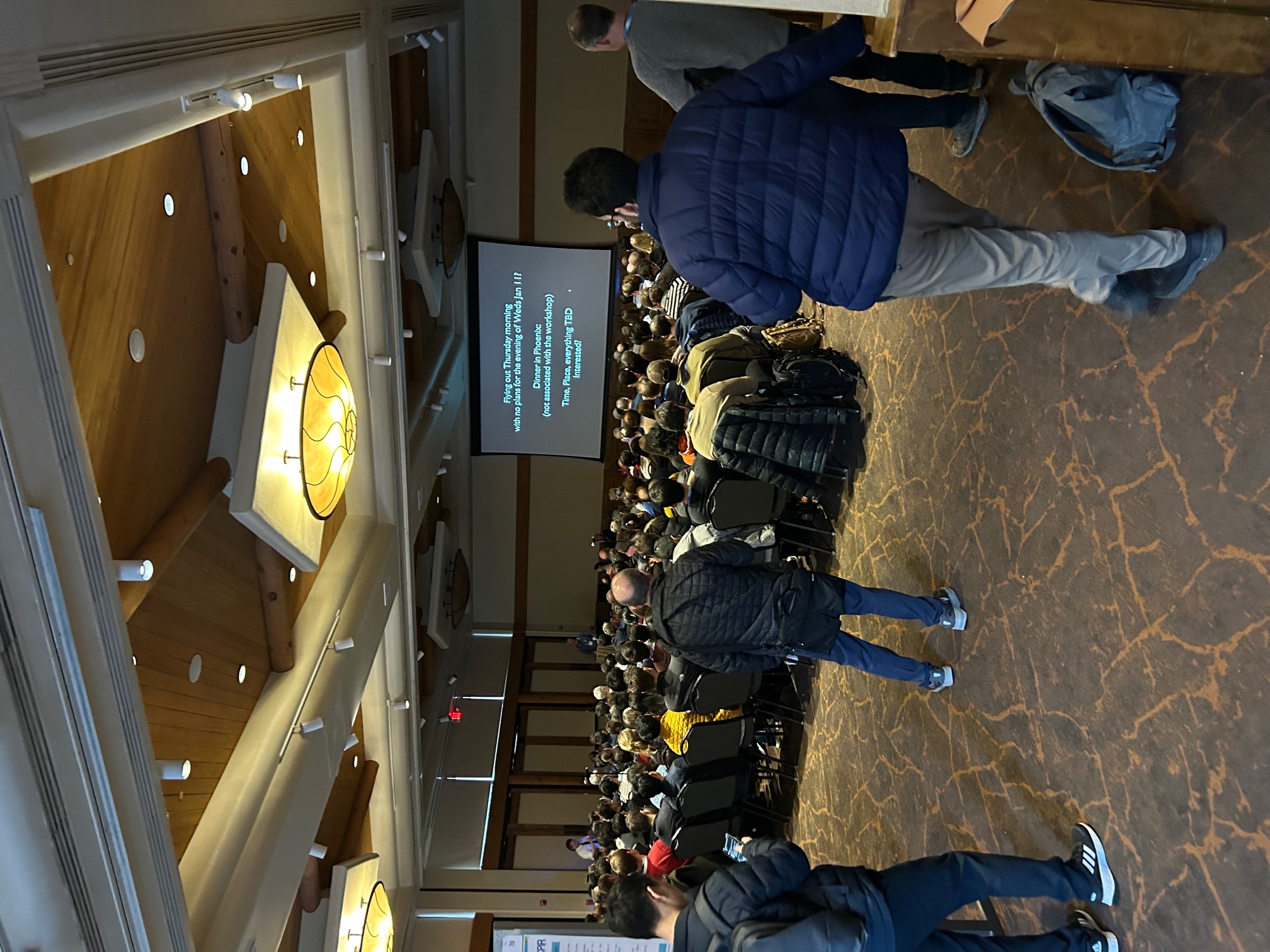
Workshop Overview
The workshop will be the 7th in a series of Sedona workshops (previously held 2007, 2009, 2013, 2016, 2020, and 2023), and updated to reflect new trends in MRI, but keeping many of the successful elements of the previous workshops. This workshop will continue to explore the practical boundaries of new and unconventional methods for collecting data (pulse sequences) and for reconstructing images from that data. This will include constrained reconstruction such as compressed sensing, AI-assisted reconstruction, quantitative imaging, image evaluation and reproducibility, non-Cartesian methodologies, and parallel imaging. The workshop will explore the challenges to these methods, how to measure and characterize them, and methods (both available and necessary to develop) to overcome them. In addition to invited scientific presentations, the program will include proffered papers and poster presentations.
Target Audience
We will target technical researchers who are developing next-generation methods in data sampling and reconstruction—this has proven to be a seminal workshop for this crowd.

Educational Objectives
Upon completion of this activity, participants should be able to:
- Explain the rationale for collecting MRI data in different sampling patterns;
- Describe at least two approaches to improve images from spiral sampling;
- Describe how MRI might change in substantial ways from its current implementation;
- Identify three key projects needed by the community to enact these changes; and
- Predict how AI might change MRI recon in the near future.